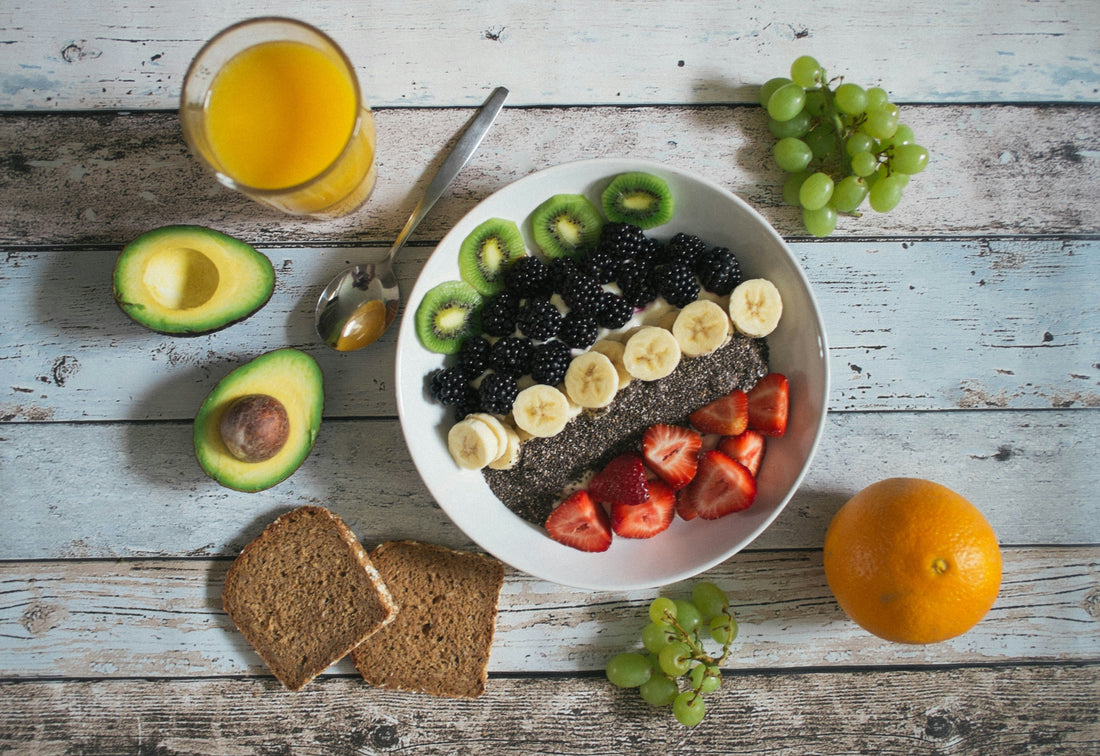Sometimes it can feel hard enough trying to eat a healthy, balanced and varied diet—let alone if you’re trying to do it on a tight budget.
But keeping your costs down doesn’t have to eat into your nutrition. With some savvy planning and a little know-how, you can enjoy healthy, affordable, home cooked meals, even when pay day is looming.
Try these 6 practical tips to stay nourished, without breaking the bank.
Plan your meals in advance
When it comes to eating on a budget, meal planning can really help you to get more for less. Make a weekly meal plan with all of the recipes you’re going to cook for the week.
Try to opt for recipes that share common ingredients. For example, you could make a vegetable chili and use the same set of vegetables to make a soup on a different day.
Then, make a shopping list with all of the ingredients you’ll need for your meals and stick to it when you do your weekly shop. A list will also help you stray away from impulse buys, or from picking up ingredients that go unused.
Buy in bulk
Lots of shops or online supermarkets offer discounts on bulk items, which can help you to save literally hundreds of pounds over the course of a year or so.
If you have items you know you eat or use a lot of, like coffee, rice, pasta, or really anything that can be frozen, have a look to see if buying larger quantities of your favourites cuts your costs.
Buying in bulk can also be a more environmentally friendly way to shop, as it can cut down on excess packaging and waste—win, win!
Still not sure how it's best to approach this? Don't fret - we've found some amazing tips in this Sustainable Shopping Guide.
Choose seasonal produce
With modern supermarkets we’re very out of touch about what’s locally produced and in season. In season basically means fruit and vegetables that are grown in the season we’re currently in.
Local and seasonal produce tends to be slightly cheaper than imported produce, and you can often find it at a much more affordable price from a farmers market.
Eating in season is also great for your health, because you’re naturally varying your diet throughout the year.
Buy frozen or canned foods
Even more budget friendly again, are frozen or canned produce. You may assume that fresh fruit and veg has higher nutritional value, but that’s just a myth.
Frozen produce can actually pack in more vitamins and nutrients than fresh produce that’s been sitting on the shelves or in transport for a week or so. Frozen and canned goods also have a longer shelf life, meaning you can buy them in bulk or bigger packs that will last longer and stretch your budget.
Batch cook and freeze your leftovers
Saving time and money, batch cooking can be a game-changer. Once you’ve got all of your weekly ingredients for your planned meals, make a big batch of something like a stir-fry, a curry, a soup or a pasta bake.
You could eat the same meal for dinners throughout that week, or freeze some portions over the next couple of weeks.
Batch cooking can also help you to reduce food waste and have some healthy meals on hand in the freezer for days when you’ve not got time to cook.
Shop around!
Lots of supermarkets and shops will do various discounts and promotions. Usually you can look these up online or on apps before heading to stores in person. Being savvy about where you’re shopping for certain things can really help you to cut costs, without sacrificing on your healthy meal planning.

